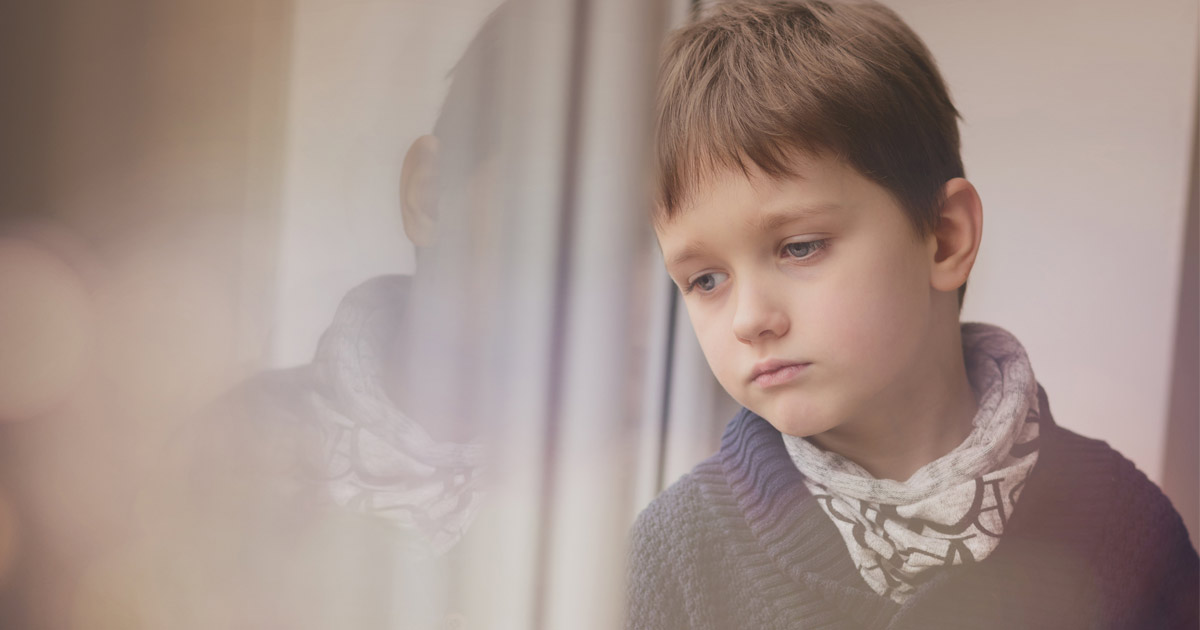The New Jersey Division of Child Protection and Permanency (DCPP) is responsible for investigating allegations of child abuse and neglect. Parents who have mental health problems can have trouble taking care of their children, depending on the type and severity of their mental health issues. However, mental health issues and their symptoms vary widely, and every family’s situation is unique. Mild depression cannot be compared to severe schizophrenia. Some mental health conditions are easily controlled with medication. In DCPP investigations dealing with mental health issues, the question is whether the parental mental health condition puts the children at risk of any type of harm. If you are involved in a DCPP investigation because of mental health allegations, you should contact an experienced lawyer immediately.
The DCPP Process and Mental Health
The DCPP must investigate every allegation of child abuse and neglect within 24 hours of receiving the complaint. The process includes an intake report, initial evaluation and investigation, family risk assessment, case plan, provision of services, assessments of family progress, and case conclusion. During the initial investigation, the DCPP must determine if the parents can provide their child with food, clothing, shelter, medical care, and psychological support. If any form of mental, physical, social, or psychological damage is found, the DCPP will conclude that child abuse has occurred. If deemed necessary for the child’s ultimate well-being, they have the right to remove the child from the home.
As part of their investigation, the DCPP may interview the parents, children, and household members and look at reports from teachers, counselors, doctors, or police for signs of documented physical or emotional abuse. A diagnosis of mental illness by itself is not enough to warrant the removal of a child from their home. However, the DCPP will consider all factors in a child’s environment, including a parent’s mental health. The DCPP will be evaluating if any mental health issues exist that cause the parent to be a danger to the child or neglect them in some way. If the mental health issue is treatable, the parent must show that they can consistently attend therapy or take their prescribed medications.
Medical Information and DCPP Investigations
As part of their investigation, the DCPP may ask you to share medical records that have information about your mental health or the mental health of your child. The DCPP may not access these or speak to your therapist without authorization. Before giving consent, it is crucial that you consult with an attorney for advice on what would be best for your case. This is because any medical information taken out of context could be damaging. The DCPP could take statements from your child’s records and use them as proof that your mental health condition is a source of abuse and neglect. Without supporting statements from experts not contained in your medical records, the DCPP could draw inaccurate conclusions and undermine your case.
Contact a South Jersey DCPP Lawyer at the Law Offices of Theodore J. Baker to Protect Your Rights in a DCPP Investigation
Allegations of mental health problems can jeopardize your child’s custody rights. If you are involved in a DCPP investigation, you need an experienced South Jersey DCPP lawyer. Contact the Law Offices of Theodore J. Baker at 856-210-9776 or contact us online to schedule a confidential consultation. Located in Cherry Hill, New Jersey, we advocate for clients in South Jersey, including Haddonfield, Marlton, Medford, Moorestown, Mount Laurel, and Voorhees.










